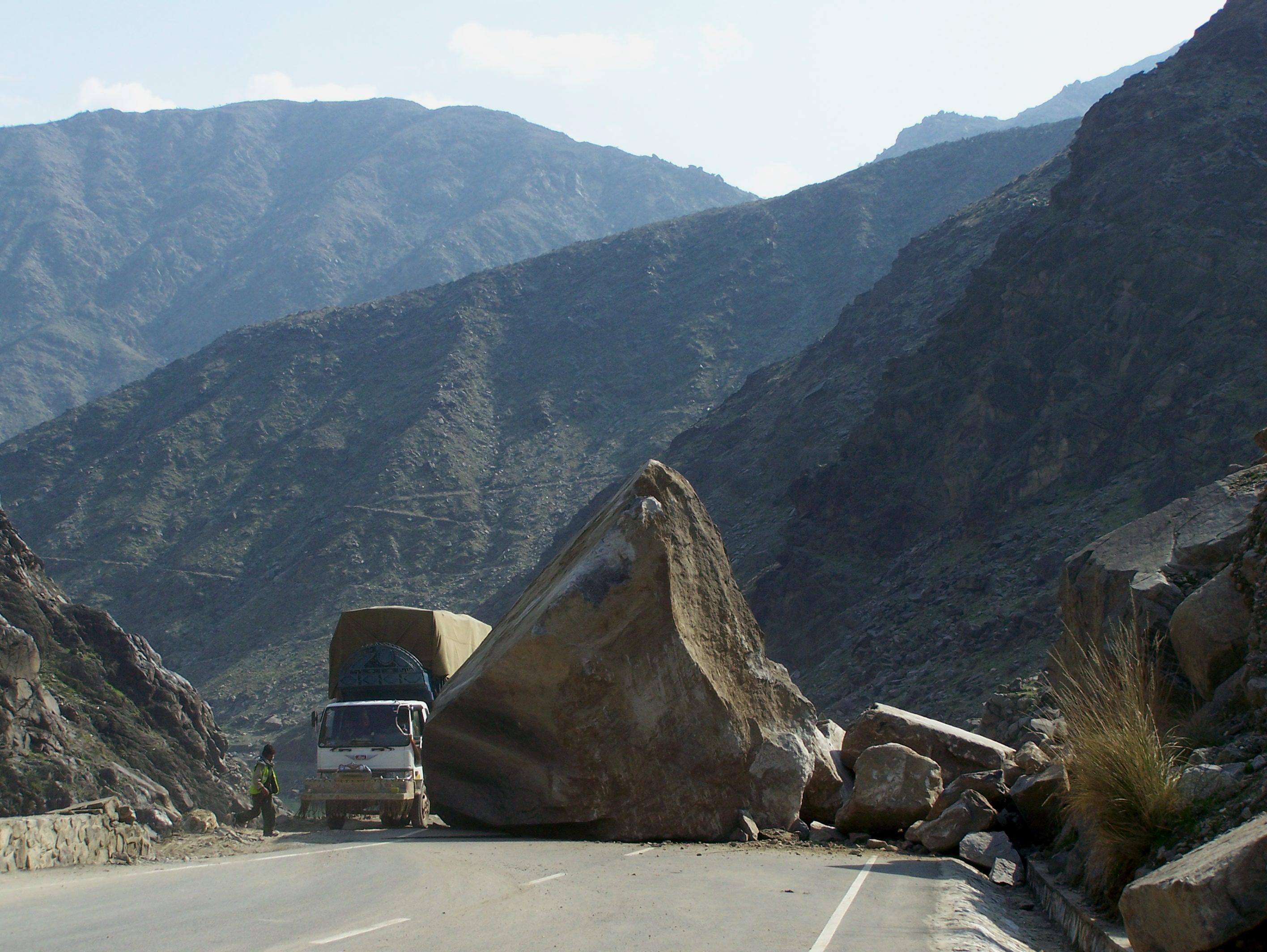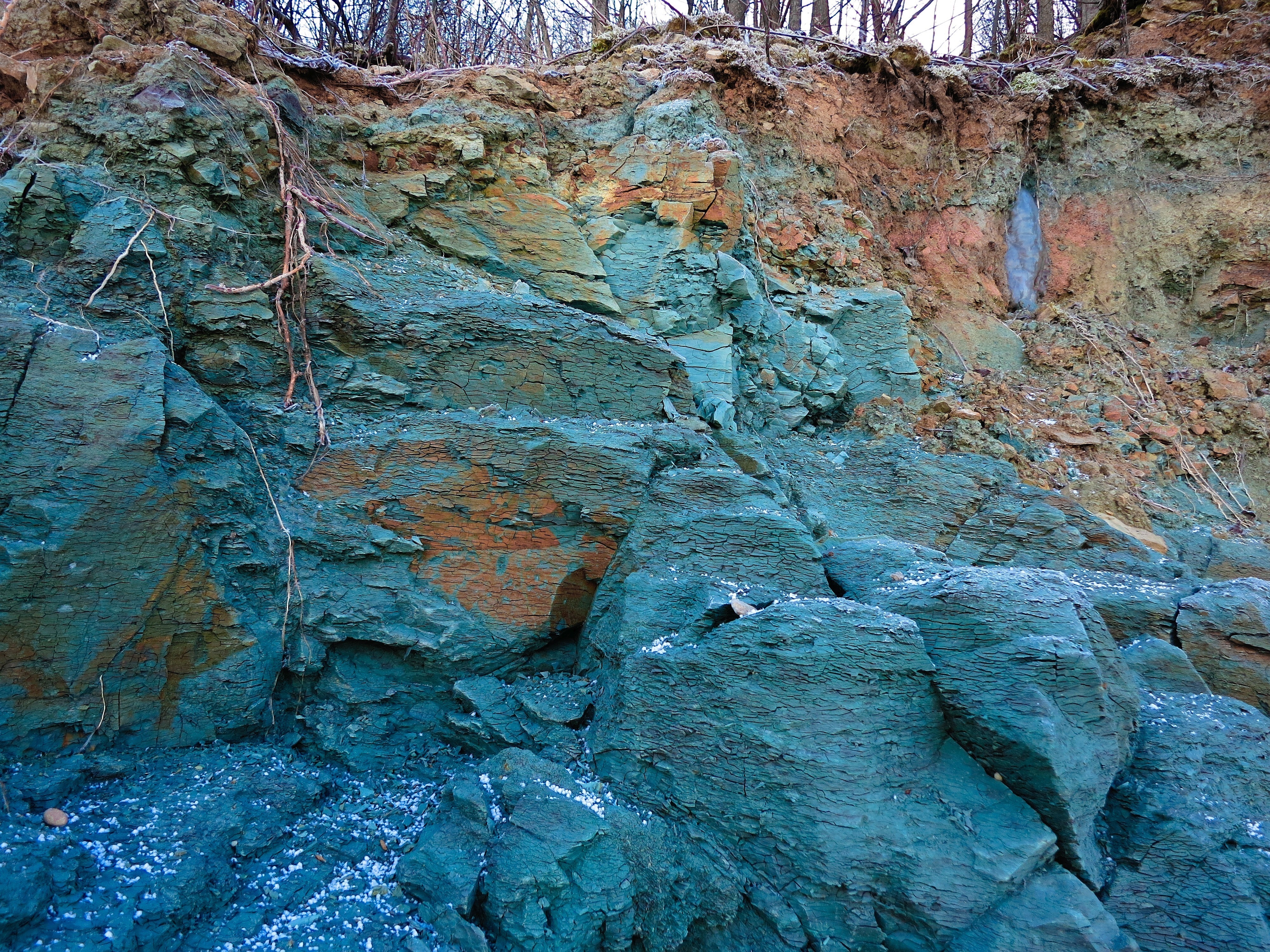|
Osmussaar Earthquake
The Osmussaar earthquake occurred on 25 October 1976 near the north tip of Osmussaar, an island close to the coast of Estonia. Its hypocenter was below ground level, and it was measured at 4.5–4.7 . The earthquake was largely felt in surrounding areas like north Estonia, south Finland and Sweden. Aftershocks also took place in November. Damage The earthquake was the most powerful recorded in Estonia; it caused rockfalls along the north and northeastern coasts, and some houses suffered some structural damage. See also *List of earthquakes in 1976 This is a list of earthquakes in 1976. Only earthquakes of magnitude 6 or above are included, unless they result in damage and/or casualties, or are notable for some other reason. All dates are listed according to UTC time. Maximum intensities ... * Geology of Estonia References {{Reflist 1976 earthquakes Earthquakes in Europe Natural disasters in Estonia 1976 in Estonia Lääne-Nigula Parish Earthquakes in the Soviet U ... [...More Info...] [...Related Items...] OR: [Wikipedia] [Google] [Baidu] |
Moscow Time
Moscow Time (MSK, russian: моско́вское вре́мя) is the time zone for the city of Moscow, Russia, and most of western Russia, including Saint Petersburg. It is the second-westernmost of the eleven time zones of Russia. It has been set to UTC+03:00 without DST since 26 October 2014; before that date it had been set to UTC+04:00 year-round on 27 March 2011. Moscow Time is used to schedule trains, ships, etc. throughout Russia, but airplane travel is scheduled using local time. Times in Russia are often announced throughout the country on radio stations as Moscow Time, which is also registered in telegrams, etc. Descriptions of time zones in Russia are often based on Moscow Time rather than UTC. For example, Yakutsk ( UTC+09:00) is said to be MSK+6 in Russia. History Until the October Revolution, the official time in Moscow corresponded to GMT+02:30:17 (according to the longitude of the Astronomical Observatory of Moscow State University). In 1919 the Council ... [...More Info...] [...Related Items...] OR: [Wikipedia] [Google] [Baidu] |
GFZ German Research Centre For Geosciences
The GFZ German Research Centre for Geosciences, also known as GFZ Helmholtz Centre Potsdam or just GFZ, is the national research center for Earth Sciences in Germany, located on the Telegrafenberg in Potsdam, in the German federal state of Brandenburg, and is part of the Helmholtz Association of National Research Centres. "GFZ" stands for ''GeoForschungsZentrum'' (Geo-research Centre). History The GFZ was founded in 1992. It is the latest in a long line of research institutes that have been located on the Telegrafenberg. These have included the Central Institute of for Physics of the Earth (ZIPE), which was an institute of the Academy of Sciences of the GDR (German Democratic Republic) that was actively involved in Geodesy. The history of the GFZ can be traced back to the ', an institution of the Prussian Academy of Sciences. Under the directorship of Friedrich Robert Helmert from 1886 to 1917, the institute developed into the world's leading center for scientific geodesy. The ... [...More Info...] [...Related Items...] OR: [Wikipedia] [Google] [Baidu] |
USGS
The United States Geological Survey (USGS), formerly simply known as the Geological Survey, is a scientific agency of the United States government. The scientists of the USGS study the landscape of the United States, its natural resources, and the natural hazards that threaten it. The organization's work spans the disciplines of biology, geography, geology, and hydrology. The USGS is a fact-finding research organization with no regulatory responsibility. The agency was founded on March 3, 1879. The USGS is a bureau of the United States Department of the Interior; it is that department's sole scientific agency. The USGS employs approximately 8,670 people and is headquartered in Reston, Virginia. The USGS also has major offices near Lakewood, Colorado, at the Denver Federal Center, and Menlo Park, California. The current motto of the USGS, in use since August 1997, is "science for a changing world". The agency's previous slogan, adopted on the occasion of its hundredth anniv ... [...More Info...] [...Related Items...] OR: [Wikipedia] [Google] [Baidu] |
Osmussaar
Osmussaar ( sv, Odensholm, german: Odinsholm) is an Estonian island situated in the mouth of the Gulf of Finland in the Baltic Sea, 7.5 km off the Estonian mainland. Administratively the island is part of Lääne-Nigula Parish in Lääne County. Its area is . Before the Soviet Union occupied Estonia during World War II, around 130 people, mainly Estonian Swedes, lived on the island. The continuous settlement of Swedes on Osmussaar had dated back for centuries. Currently Osmussaar has only two permanent inhabitants and the island is a nature reserve. Name The island's Swedish name ''Odensholm'' (or ''Odinsholm'') derives from the Vikings' chief god, Odin, who, according to a legend, is buried on the island. The origin of the Estonian name ''Osmussaar'' is not clear. History The continuous settlement of Estonian Swedes on Osmussaar, which lasted until World War II, goes back at least to the 14th century, though little is known of the island's history before the 18th cen ... [...More Info...] [...Related Items...] OR: [Wikipedia] [Google] [Baidu] |
Hypocenter
In seismology, a hypocenter or hypocentre () is the point of origin of an earthquake or a subsurface nuclear explosion. A synonym is the focus of an earthquake. Earthquakes An earthquake's hypocenter is the position where the strain energy stored in the rock is first released, marking the point where the fault begins to rupture.''The hypocenter is the point within the earth where an earthquake rupture starts. The epicenter is the point directly above it at the surface of the Earth. Also commonly termed the focus.'' This occurs directly beneath the epicenter, at a distance known as the ''hypocentral depth'' or ''focal depth''. The focal depth can be calculated from measurements based on seismic wave phenomena. As with all wave phenomena in physics, there is uncertainty in such measurements that grows with the wavelength so the focal depth of the source of these long-wavelength (low frequency) waves is difficult to determine exactly. Very strong earthquakes radiate a large fr ... [...More Info...] [...Related Items...] OR: [Wikipedia] [Google] [Baidu] |
Rockfall
A rockfall or rock-fallWhittow, John (1984). ''Dictionary of Physical Geography''. London: Penguin, 1984. . is a quantity/sheets of rock that has fallen freely from a cliff face. The term is also used for collapse of rock from roof or walls of mine or quarry workings. "A rockfall is a fragment of rock (a block) detached by sliding, toppling, or falling, that falls along a vertical or sub-vertical cliff, proceeds down slope by bouncing and flying along ballistic trajectories or by rolling on talus or debris slopes." Alternatively, a "rockfall is the natural downward motion of a detached block or series of blocks with a small volume involving free falling, bouncing, rolling, and sliding". The mode of failure differs from that of a rockslide. Causal mechanisms Favourable geology and climate are the principal causal mechanisms of rockfall, factors that include intact condition of the rock mass, discontinuities within the rockmass, weathering susceptibility, ground and surface water, ... [...More Info...] [...Related Items...] OR: [Wikipedia] [Google] [Baidu] |
List Of Earthquakes In 1976
This is a list of earthquakes in 1976. Only earthquakes of magnitude 6 or above are included, unless they result in damage and/or casualties, or are notable for some other reason. All dates are listed according to UTC time. Maximum intensities are indicated on the Mercalli intensity scale and are sourced from United States Geological Survey (USGS) ShakeMap data. The main point of note from this year was the devastation seen across the globe from several catastrophic events. Several countries experienced their worst ever natural disasters. Chronologically, Guatemala in February suffered 23,000 deaths. Indonesia in June had an earthquake causing 6,000 deaths. China in July had officially 242,000 deaths from the 1976 Tangshan earthquake. This was the worst toll from an earthquake for over 400 years. Shortly afterwards the Philippines had 8,000 fatalities. Towards the year end Turkey had an event resulting in 5,000 deaths. Although not as devastating Italy had nearly 1,000 deaths i ... [...More Info...] [...Related Items...] OR: [Wikipedia] [Google] [Baidu] |
Geology Of Estonia
The geology of Estonia is the study of rocks, minerals, water, landforms and geologic history in Estonia. The crust is part of the East European Craton and formed beginning in the Paleoproterozoic nearly two billion years ago. Shallow marine environments predominated in Estonia, producing extensive natural resources from organic matter such as oil shale and phosphorite. The Mesozoic and much of the Cenozoic are not well-preserved in the rock record, although the glaciations during the Pleistocene buried deep valleys in sediment, rechanneled streams and left a landscape of extensive lakes and peat bogs. Stratigraphy, tectonics and geologic history Estonia is part of the East European Craton, with an average continental crust thickness between 40 and 64 kilometers. The crust consolidated during the Svecofennian Orogeny in the late Paleoproterozoic, nearly two billion years ago. The contact between the crystalline basement and overlying rock dips gently to the south. Late Proteroz ... [...More Info...] [...Related Items...] OR: [Wikipedia] [Google] [Baidu] |
1976 Earthquakes
Events January * January 3 – The International Covenant on Economic, Social and Cultural Rights enters into force. * January 5 – The Pol Pot regime proclaims a new constitution for Democratic Kampuchea. * January 11 – The 1976 Philadelphia Flyers–Red Army game results in a 4–1 victory for the National Hockey League's Philadelphia Flyers over HC CSKA Moscow of the Soviet Union. * January 16 – The trial against jailed members of the Red Army Faction (the West German extreme-left militant Baader–Meinhof Group) begins in Stuttgart. * January 18 ** Full diplomatic relations are established between Bangladesh and Pakistan 5 years after the Bangladesh Liberation War. ** The Scottish Labour Party (1976), Scottish Labour Party is formed as a breakaway from the UK-wide party. ** Super Bowl X in American football: The Pittsburgh Steelers defeat the Dallas Cowboys, 21–17, in Miami. * January 21 – First commercial Concorde flight, from London to Bahrain. * January 27 ... [...More Info...] [...Related Items...] OR: [Wikipedia] [Google] [Baidu] |




